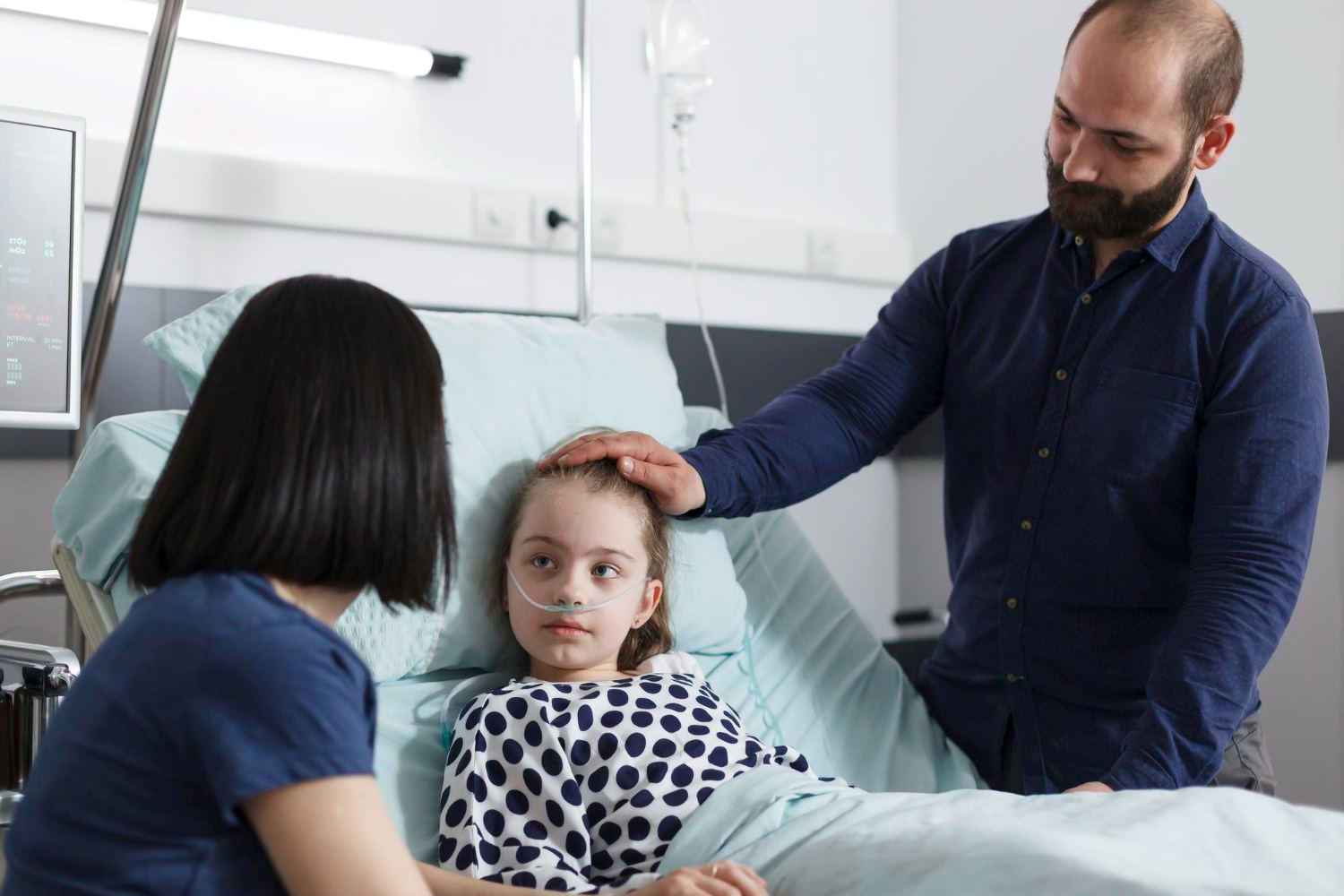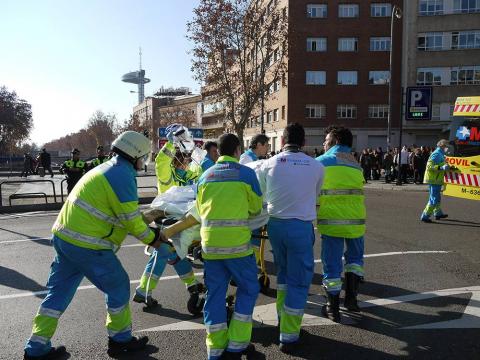Parents' intuition helps anticipate the severity of illness in hospitalised children
A study conducted in Australia analysed nearly 75,000 cases of paediatric patients who had been admitted to hospital or attended the emergency department. When a parent or carer expressed concern that the child was getting worse, they were more likely to end up being admitted to the ICU or requiring mechanical ventilation. According to the authors, who published their findings in The Lancet Child & Adolescent Health, this intuition "is a resource that can help doctors and may work better than some current systems based solely on vital signs".

Bernardino Oliva Fanlo - intuición EN
Bernardino Oliva Fanlo
Specialist in Family and Community Medicine at the Primary Care Health Service of Mallorca and researcher on hunches in medicine.
What is your overall opinion of the study?
"The quality of the study is high. The prospective observational cohort design is appropriate for the objective set out in this specific topic, and the large sample size reinforces the conclusions drawn".
How does it fit in with existing evidence and what new insights does it provide?
"Research into the relevance of professionals' intuitive impressions of their patients' prognosis has become increasingly important in recent years. As Billy Bragg says, not everything that counts can be counted, and in many cases these impressions, which are difficult to measure, can help to supplement cold clinical data with information tacitly gleaned from previous experience and factors specific to the context in which the consultation takes place.
In line with this idea, studies have also been published in the Netherlands on the intuitive impressions of patients themselves and their relatives, especially parents and regular carers. The aim is to systematise a piece of advice that every resident has heard during a paediatric shift: if a mother tells you that her child is not well, listen to her. You may be the best paediatric specialist, but the best specialist for that particular child, the one who knows the characteristics of her healthy child and can distinguish when there are changes that are out of the ordinary from a more or less insignificant condition, is her.
The present study shows that the expression by caregivers of a child treated in hospital emergency departments of concern about a possible deterioration in their health is significantly related to an increased likelihood that the child will worsen and end up being admitted to the ICU, requiring mechanical ventilation or dying. The study concludes that medical professionals should actively seek the opinions of caregivers of sick children and opens the door to further research on the subject and for healthcare services to find ways to incorporate parental opinions into routine clinical care for children".
Are there any important limitations to consider?
"I believe the study should be understood as an important wake-up call on a topic that is often overlooked, but like any similar work, it has some limitations that restrict its universal application and should be addressed in further research.
The question asked to caregivers was: ‘Are you concerned that your child is getting worse?’ The question may be too open-ended, although the authors argue that this makes it more useful for recognising a worsening condition at an early stage. It would be interesting to standardise the way questions are asked in future research so that results can be compared.
The clinical data for children whose carers expressed concern were, according to the study's results tables, worse than those for other children. They had experienced more frequent alterations in pulse, breathing, blood pressure, oxygen levels or consciousness. It would be important to analyse the results according to whether parental concern was expressed before or after healthcare professionals documented these alterations.
It is important to assess its external validity, i.e. the confidence with which its results can be applied to settings other than the one in which it was conducted. The study was conducted in a single tertiary hospital in Australia. I do not know whether the healthcare culture of professionals and patients is the same there as in our setting. If it is not, it would be necessary to address whether these differences could prevent the conclusions from being transferred here. The location in a tertiary hospital increases the likelihood that the children treated there will suffer from serious conditions, given that many sick children do not end up in this type of service but are treated in primary care or minor services without needing to be referred there. Again, it would be necessary to know whether the functioning of healthcare services in Australia is comparable to ours. For both reasons, it would be of great interest for similar studies to be carried out in our setting, if possible including children treated at all levels of care".
Mills et al.
- Research article
- Peer reviewed
- People



